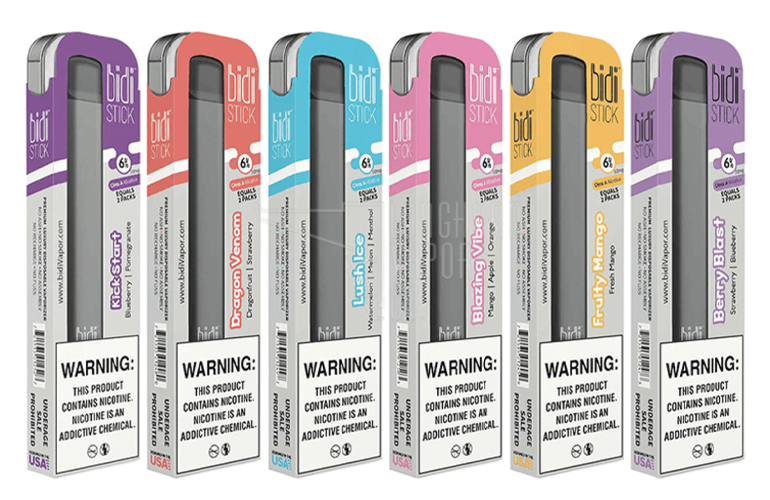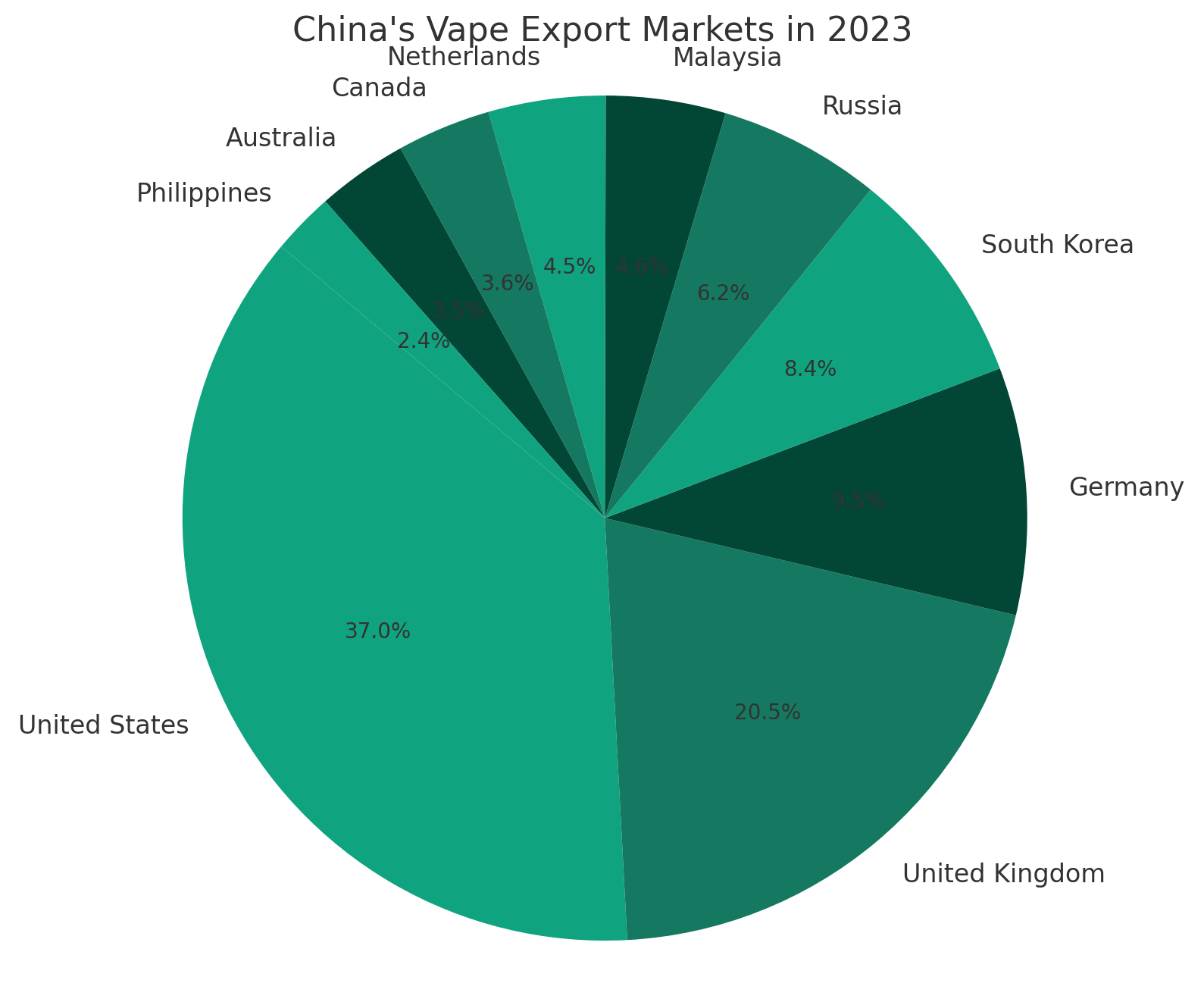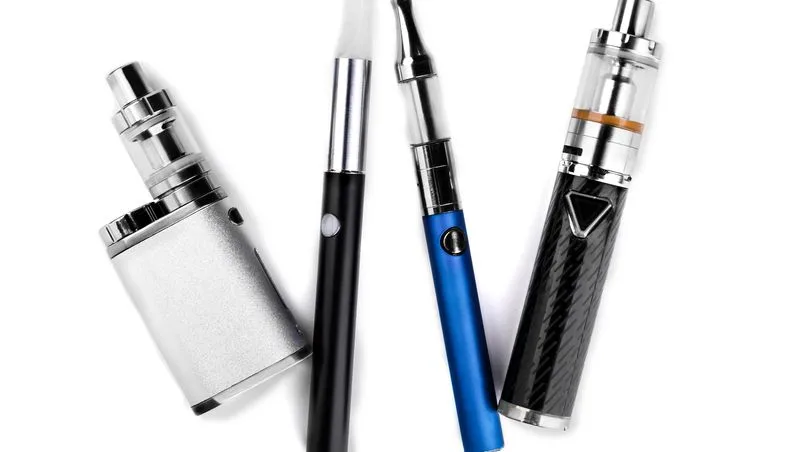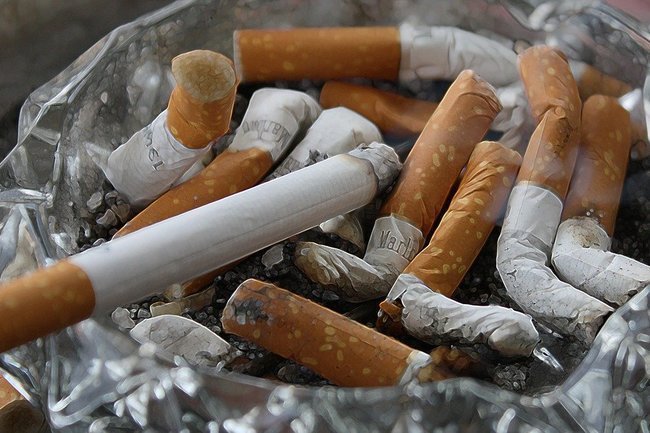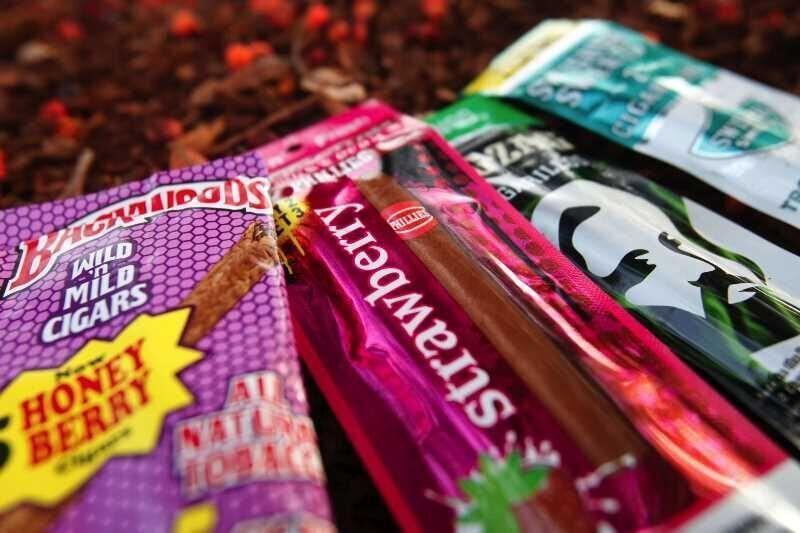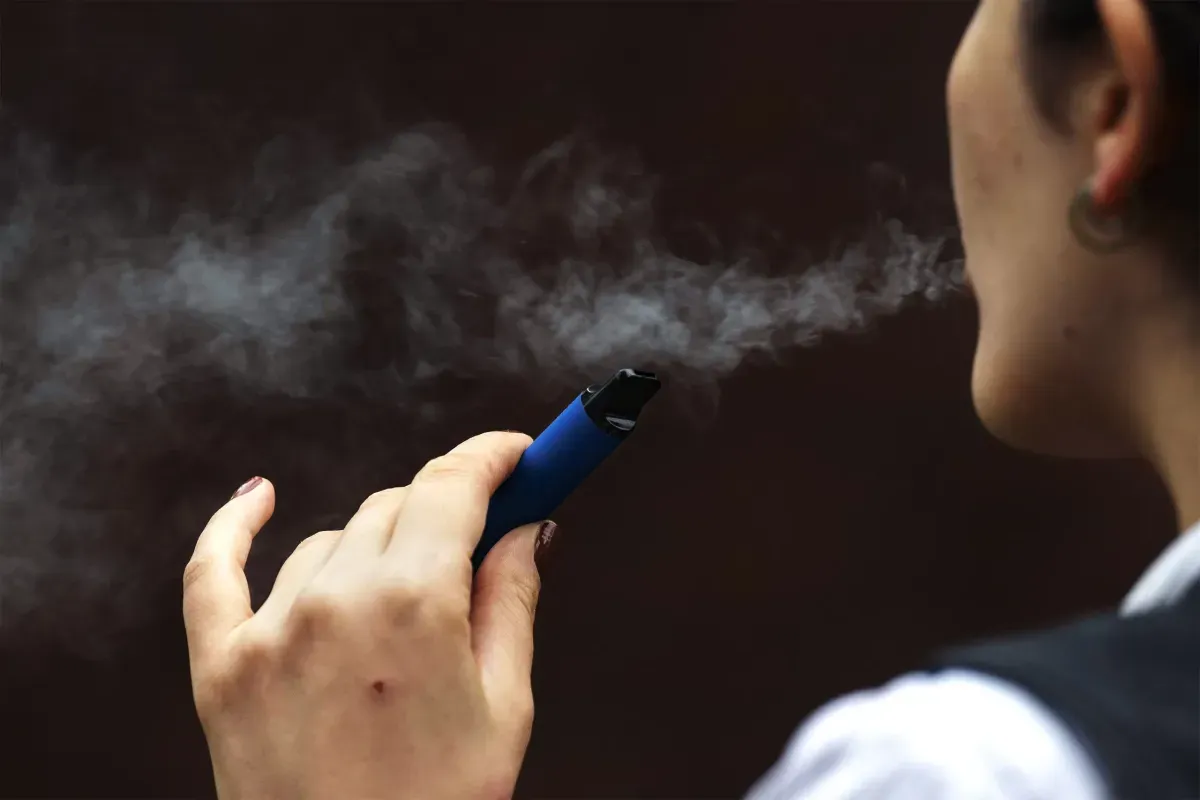Vape juice, known as e-liquid or e-juice, serves as the lifeblood of vaporizers and electronic cigarettes. As with many products, e-juice has a shelf life, and it’s crucial to understand when it might expire and how to identify the signs of its deterioration. This article will delve into the components of e-liquid, its expiration, and ways to ensure its longevity.
Know about Vape Juice Composition
Vape juice primarily consists of four key ingredients:
- Vegetable Glycerin (VG):This thick, odorless liquid is derived from plant oils such as palm, soy, or coconut. VG is responsible for producing voluminous vapor clouds.
- Propylene Glycol (PG):A thinner synthetic liquid that excels at absorbing water and enhancing the “throat hit” sensation.
- Flavorings:Vape juice incorporates food-grade artificial or organic flavors to provide a range of tastes, including fruits, desserts, menthol, tobacco, and more.
- Nicotine:This optional stimulant is extracted from tobacco plants and is available in various concentrations, from 0mg to 50mg or higher.
Both VG and PG are susceptible to oxidation and heat, causing them to degrade over time. Similarly, nicotine and flavorings gradually deteriorate while sitting on shelves. Consequently, e-juice has a limited lifespan.
Signs of Expired Vape Juice
If your electronic e-cig juice has been stored for an extended period, it’s essential to recognize the common signs of expiration:
- Darker Color:Fresh vape juice should appear clear or light yellow (if it contains nicotine). Over time, oxidation causes the liquid to darken to shades of amber, brown, or orange.
- Peppery Taste:Nicotine oxidation results in a sharp, peppery taste that can be particularly noticeable with high nicotine concentrations.
- Muted Flavors:E-juice flavors originate from artificial and organic compounds that degrade over time. Expired juice will have a flat or muted taste compared to fresh alternatives.
- Thickened Consistency:Exposure to oxygen can lead VG molecules to cross-link and chain together, resulting in a thicker liquid, which can affect vape performance.
- Decreased Vapor Production:Oxidized VG and PG may not produce as large or dense clouds of vapor as freshly mixed juice.
If you detect any of these characteristics in your vape juice, it’s likely past its prime and should be discarded. Safety should be the utmost priority when vaping, so using expired e-liquid is not advisable.
How Long Does Vape Juice Last?
Assuming proper storage, e-liquid has varying shelf lives:
- Unopened Shelf Life:Vape juice can last for up to two years from its manufacture date when stored in a cool, dark place in an airtight factory bottle, with nicotine and flavors remaining stable.
- Opened Shelf Life:Once the original seal is broken, e-juice typically remains viable for about a year. Oxidation begins to affect the ingredients as soon as air interacts with the liquid.
Several factors can influence the shelf life and expedite the expiration process:
- Nicotine Level:Juice with higher nicotine content (24mg+) tends to expire faster, usually within 6-8 months of opening.
- Flavor Profiles:Flavors like citrus, cinnamon, and acidic varieties degrade more rapidly than tobacco or mint flavors.
- Heat and Sunlight Exposure:Exposure to high heat or direct sunlight can accelerate the destabilization and oxidation of vape juice ingredients.
- Choice of Storage Containers:E-juice stored long-term in clearomizer tanks tends to expire more quickly compared to glass or metal tanks.
Properly Storing Your Vape Juice
To maximize the shelf life of your e-cig juice, follow these storage guidelines:
- Store vape juice in a cool, dark cabinet away from heat and light sources. A bedroom closet is an ideal location.
- Ensure that bottles are tightly sealed to minimize air circulation, and always close caps securely after each use.
- Transfer high-nicotine juice from plastic tanks back to its original bottles to maintain freshness.
- Consider purchasing smaller 10-30mL bottles to ensure that the juice is consumed well within the recommended expiration timeline.
- Periodically shake the bottle while storing to slow down oxidation.
- If condensation forms inside the bottle, it’s a sign of oxidation and expiration, necessitating immediate disposal.
- Label bottles with the purchase date and nicotine level to track their age and prioritize the use of older juice.
Can You Recycle Your E-Juice?
Yes, you can. Here are some steps you can take to contribute to a greener vaping community:
- Responsible Disposal:When you’ve finished a bottle of vape juice, dispose of it properly. Empty bottles should be rinsed and placed in recycling bins whenever possible. By doing so, you help reduce plastic waste and support recycling efforts.
- Eco-Friendly Packaging:Keep an eye out for juice brands that prioritize eco-friendly packaging. Some companies use recyclable materials and minimalistic packaging designs to reduce waste. Supporting such initiatives can promote sustainability within the vaping industry.
- Sustainable Sourcing:Some vape liquid manufacturers are committed to sourcing their ingredients sustainably. This includes using ethically grown and harvested flavorings and VG/PG derived from environmentally responsible sources. When you choose products from such companies, you’re supporting sustainable practices.
- Battery Recycling:While not directly related to vape juice, recycling old vaping batteries is equally important. Many electronic stores and recycling centers accept used batteries to ensure their safe disposal or recycling.
Can e-juice prefilled in disposable vapes expire?
The condition of e-juice prefilled in disposable vapes is similar to e-juice in a bottle, as both can expire over time due to factors like ingredient degradation and exposure to light, heat, and air. The key difference is that disposable vapes are typically sealed and designed for convenience, which can help extend their shelf life compared to open bottles of e-juice.
However, the basic principles of e-juice expiration still apply to both forms, and users should be aware of signs of expiration in both cases, such as changes in color, taste, and vaping experience. If you’ve bulk-buy vapes, you’d better store them properly.
Conclusion
While vape juice doesn’t spoil in the same way as food, its quality and taste degrade over time. Pay attention to visual and taste cues to identify if your e-liquid has expired, and dispose of old, oxidized vape juice to ensure the best vaping experience.
Remember to store your e-juice properly in a cool, dark place with minimal air exposure. By following these best practices and purchasing smaller quantities, your juice should remain enjoyable for approximately 1-2 years from its production date.


